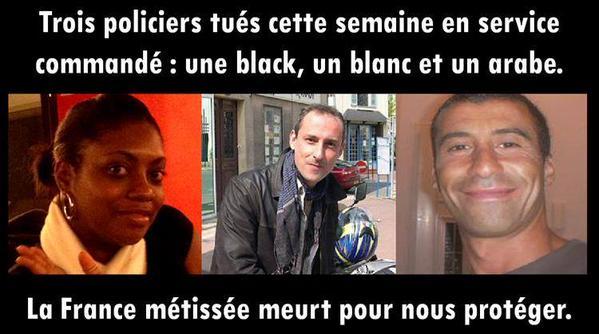About
Je suis Charlie (both “I am Charlie” and “I follow Charlie” in English) is a statement and an internet movement in support of the victims of the 2015 Charlie Hebdo shooting in which 12 people were killed at the offices of the satirical newspaper Charlie Hebdo in Paris. The statement identifies the speaker with those who were killed at the Charlie Hebdo shooting, and by extension for freedom of speech and resistance to armed threats. Some journalists embraced the expression as a rallying cry for the freedom of self-expression.
As a result, demonstrations were launched in France and around the world in favor of the movement, and to protest against barbaric acts and terrorism on a larger scale.
Origin
On January 7th 2015, two armed men entered the Charlie Hebdo headquarters in Paris and opened fire, killing 12 people inside and near the building. As French news stations drew attention to the tragic event, Joachim Rocin, art director and music journalist for Stylist magazine, about a little over 1 hour after the incident, posted a picture on Twitter of a black background with the three white and grey words Je suis Charlie[1], mimicking Charlie Hebdo’s printing style (shown below).
![]()
Spread
Around the same time this image appeared, an hashtag was launched reusing the catchphrase[2]. It was mainly used as an act of simpathy towards families of the victims. However, as many followers came in and it was reused more than 610 000 times on twitter before the end of the day, the mainstream media began highlighting the hashtag in various discussions about freedom of speech and freedom of press after the attack[3]. The official Charlie Hebdo website reposted it on its twitter account as well.
A Facebook page was launched later that day[4], escalating to more than 260 000 likes in the first two days of its creation and inviting everyone to change their Facebook avatars to the black picture.
On January 9th, some internet retailing sites began selling products featuring the phrase, such as T-shirts, mugs, ect.. to the dismay and shock of many netizens[11].
Demonstrations
On the afternoon and night of January 7th, calls for peaceful demonstrations all around France were made via the hashtag and the Facebook page in order to pay tribute to the victims[5].
The day after, on January 8th, these calls were extended throughout the globe and many foreign countries join in to show their support[6] (an example shown below).
The demonstrations, as of January 10th, are still ongoing and planned for the week-end as well as the following week.
Photographs from around the world
Dozens of photographs were curated from various news agencies and amateur photographers (shown below).
Homage from Google
Google paid tribute to the victims by creating a doodle displaying a black ribbon on the front of its search homepage[6] (shown below). On January 8th, the ribbon was replaced with the black picture “Je suis Charlie”.
#jesuispolicier and #jesuisahmed
In addition to the first hashtag, another, #JeSuisPolicier (from Je Suis Policier, meaning I am a Police Officer in English) was launched to pay tribute to two police officers who were killed in cold blood while on duty during the massacre, as well as the woman police officer who died after the January 8th shooting in Montrouge[7].
#JeSuisAhmed[8] is also an hashtag related to one of the deceased police officer, Ahmed Merabet who was a French Muslim of Algerian origin, as a counterpoint against Muslim-bashing messages online following the attack as well as acts of violence in real life against the Muslim community.
Criticism
In reaction towards Charlie Hebdo’s image as a satirical weekly who was prone on doing caricatures of every political and social group, the hashtag #JeNeSuisPasCharlie[9] (I Am Not Charlie) was launched for people who wanted to pay tribute to the victims while also condemning perceived racist, islamophobic, homophobic, sexist and/or transphobic characteristics associated with the magazine[10].
Notable Images
External References (in French)
[1]Huffington Post – «Je suis Charlie» : qui est à l’origine de l’image et du slogan que le monde entier reprend par solidarité
[2]Twitter – #jesuischarlie
[3]Le Progrès – #jesuischarlie, le slogan de la solidarité et de l’émotion sur la Toile
[4]Facebook – Je Suis Charlie
[5]Le Monde – Après l’attaque contre « Charlie Hebdo », des manifestations spontanées dans toute la France
[6]Topito – Top 24 des photos des manifestations de soutien à Charlie Hebdo, le jour où nous sommes tous Charlie
[7]Twitter – #JeSuisPolicier
[8]Twitter – #JeSuisAhmed
[9]Twitter – #JeNeSuisPasCharlie
[10]Le Monde – #JeNeSuisPasCharlie : à rebours de l’émotion collective sur Twitter
[11]Le Monde – L’émergence d’un funeste business « Je suis Charlie » sur le Web









